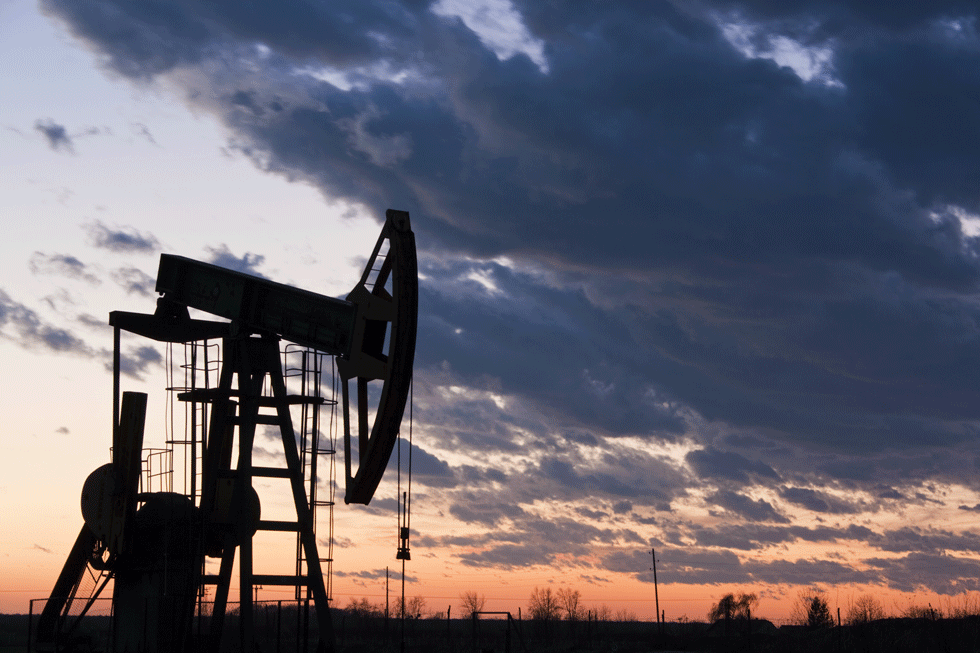

Protests in southern Iraq over corruption and poor water and electricity infrastructure entered their sixth day on Saturday 14 July, increasing concerns about further disruption to oil production in the country.
In the Iraqi city of Karbala, demonstrators forced entry into the provincial government building, and protests took place in the cities of Najaf and Basra too, where security forces announced city-wide curfews amid reports of skirmishes between demonstrators and local militias.
In an effort to ease tensions Prime Minister Haider al-Abadi announced that his government would release funds to Basra for water, electricity and health services.
Protesters have targeted oil and gas infrastructure as well as government buildings. Two protesters were wounded after an incident near an entrance to the giant West Qurna 2 oil field, run by Russian-based Lukoil.
About 10 protesters managed to briefly enter a crude separation facility before police pushed them back, according to a Reuters report.
Officials said the unrest did not impact production at West Qurna 2 or the other two fields, West Qurna 1 and Rumaila. Iraq’s oil ministry issued a statement saying that West Qurna 2 was proceeding normally and that security forces were in control of the situation near the oilfields.
About 100 protesters closed access to the Umm Qasr commodities port near Basra – refusing to allow trucks any way in or out of the export terminal.
During the summer the Basra region often suffers from electricity shortages due to increased demand driven by air conditioning usage. The region also suffers from water shortages.
Stability in Basra is key to Iraq’s economy as it is the country’s most important oil producing region.
Oil exports from Basra account for more than 95 per cent of the Opec producer's state revenue.
It is hoped Basra’s water shortages will eventually be solved by the Common Seawater Supply Project (CSSP).
The scheme, which is yet to be executed, will transport large quantities of water from the sea to oil fields where it will be injected into wells, freeing up more potable water for use by local communities.
Total oil production at West Qurna 1 is around 430,000 barrels a day. Exxon is trying to increase production at the field but progress is likely to be hampered by delays to the CSSP, which was originally due to be completed in 2013 - a date that has been pushed back to 2022.
You might also like...

Iraq signs deal to develop the Akkas gas field
25 April 2024

Emaar appoints beachfront project contractor
25 April 2024

Acwa Power signs $356m Barka extension
25 April 2024

AD Ports secures Angola port concession agreement
25 April 2024
A MEED Subscription...
Subscribe or upgrade your current MEED.com package to support your strategic planning with the MENA region’s best source of business information. Proceed to our online shop below to find out more about the features in each package.




